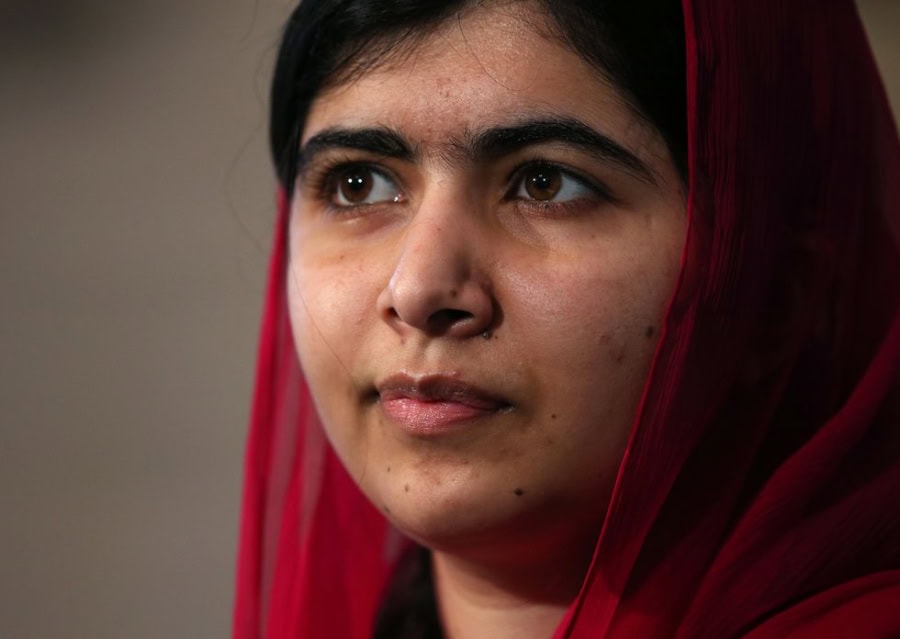During my recent visit to Canada, I had the opportunity to meet Malala Yousafzai while covering the Toronto Film Festival. At TIFF, her film, “The Last of the Sea Women,” was showcased, focusing on themes related to women. I was fortunate enough to interview Malala at the festival, where I asked her questions about women’s rights. When I asked whether she would consider making a film about the challenges Pakistani women face in the future, she responded positively.
She mentioned that she has been supporting films in Pakistan and indicated that upcoming projects addressing women’s issues could involve collaboration with Pakistani artists. Malala also highlighted the global popularity of Pakistani TV dramas, stating, “They are exemplary in terms of their worldwide appeal.”
All major media outlets in Pakistan covered this interview. Approximately two days later, Malala Yousafzai released a video statement on her social media platforms, urging international organizations to take action against the restrictions on women’s education in Afghanistan. Alongside Canadian Prime Minister Justin Trudeau, Malala has been vocal in global forums about the bans imposed by the Taliban on women’s education in Afghanistan, and this campaign continues to this day.
Now that Malala has ventured into filmmaking, it is highly likely that she will create a film addressing the Taliban’s restrictions on Afghan women. Such a film could draw significant international attention to the atrocities faced by girls in Afghanistan.
In August 2021, as the United States began its withdrawal from Afghanistan, the Taliban seized power after two decades. Upon taking control, the Taliban implemented several policies, including a ban on women’s education. Specifically, they prohibited women from pursuing higher education beyond grade six. On March 21, 2022, the Taliban hinted at lifting the ban on secondary education; however, the aspiration for Afghan women to receive an education remains unfulfilled. The second academic year in Afghanistan has concluded without any provisions for women’s education.
Currently, the most influential global voice against the ban on women’s education in Afghanistan is Pakistani Nobel laureate Malala Yousafzai. From a young age, Malala has courageously fought against measures like the Taliban’s prohibition of girls’ education. On October 9, 2012, Pakistani Taliban militants shot Malala as she was returning home after completing her school exams in Swat, but destiny had other plans, and her journey to empower women through education continues unabated.
The betterment of families and the advancement of society are impossible without educated women. The Taliban in Afghanistan should be aware of the rights granted to women in Islam; otherwise, depriving girls of education will regress society back to the Stone Age.










